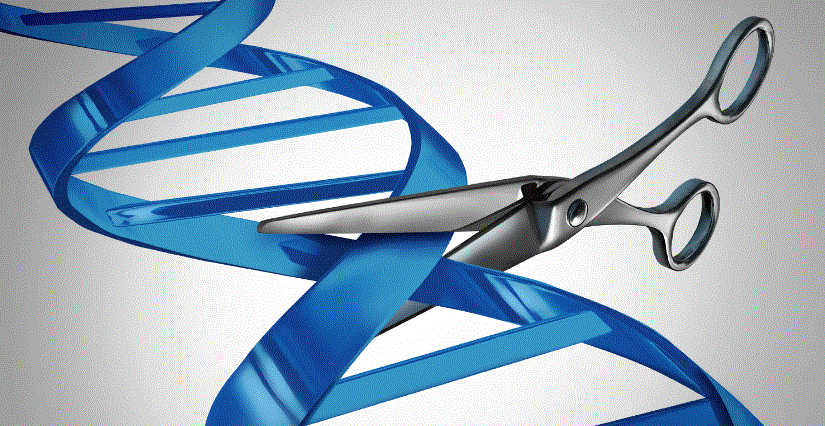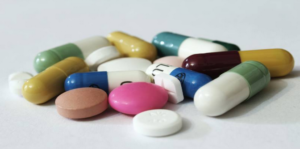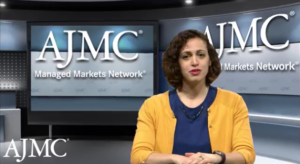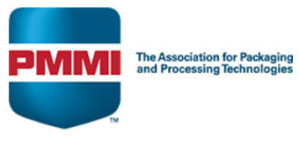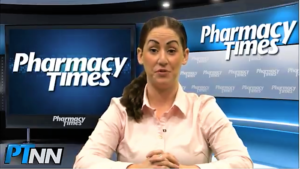- Nation’s first public needle vending machine for drug users debuts in Las Vegas (reviewjournal.com)
Las Vegas health officials are turning a familiar piece of equipment — the vending machine — into a first-in-the-nation experiment to automate the dispensing of clean needles for intravenous drug users...The program is a joint effort between the Southern Nevada Health District, the Nevada AIDS Research and Education Society and Trac-B Exchange, which developed the machine. The idea is that making clean needles and other gear available will reduce the spread of bloodborne infections among drug users who would otherwise share the injection rigs…materials for the program were funded by private donations...Having access to clean syringes is a harm-reduction approach that’s going to allow people to protect themselves against getting communicable diseases such as HIV and hepatitis C...The machines...will distribute cardboard boxes containing clean syringes and disposal containers for used needles. They will also offer kits for wound cleaning and safe sex. Users will have to register first to receive a swipe card and unique identification number that they can use to receive up to two kits per week...Machines will be available by the end of May at Trac-B Exchange, 6114 W. Charleston Blvd.; Aid For AIDS Nevada, 1120 Almond Tree Lane; and the Community Counseling Center, 714 E. Sahara Ave.
- University of California files appeal over CRISPR patents (reuters.com)
CRISPR that favored the Broad Institute…Jennifer Doudna of the University of California...and Emmanuelle Charpentier of the University of Vienna were first to apply for patent in 2012 after discovering how the primitive bacterial system...could be used to edit genomes in simple pieces of DNA…A team at the Broad Institute led by...Feng Zhang applied for a separate patent six months later, but paid for a fast-track review process, which landed them the first CRISPR patent in 2014. The Broad's patents were for showing that the CRISPR system could be used to edit more advanced, eukaryotic cells, including animal and human cells...In its...decision, an appeals board...determined that the Broad's CRISPR patents "did not interfere" with those awarded to the UC because they were sufficiently different, allowing them to stand...In the appeal...UC is seeking a reversal of the decision, which ended before actually determining who invented the use of CRISPR in eukaryotic cells. Major commercial applications of CRISPR are expected to be in eukaryotic cells...geneticist George Church said he expects the disputes will end in cross-licensing...I'm not that interested in the details of who pays who what. We're all going to do very well, including the patients. That was evident from the very beginning…
- Illuminating drug discovery by mapping all known drugs (pharmaceutical-technology.com)
A comprehensive map of all existing drugs and how they work, created from information from several huge datasets, could be used to kick-start the next wave of drug discovery. Not only could scientists use the map to suggest promising new targets for diseases as diverse as cancer, mental illness and inflammatory conditions, it could also provide invaluable insight into where existing drugs can be used to treat different diseases...Jointly led by scientists at the Institute of Cancer Research...the research brought together vast amounts of information from datasets including the canSAR database...the ChEMBL database...the...DrugCentral database to create a map of all 1,578 licensed drugs and their mechanisms of action...Dr Bissan Al-Lazikani, explains how this first-of-its-kind map could help tackle one of the biggest challenges facing the drug discovery field: how do you innovate without taking risks that make the whole system unviable?
- Why did you decide that a comprehensive map of all existing drugs and their mechanisms of action was needed for the drug discovery community?
- How did you put the map together? It must have been quite a task!
- What were the most interesting findings of the latest study?
- What are the biggest challenges facing the drug discovery field at present and how will your comprehensive map help overcome these?
- IBM receives patent that could accelerate discovery of more effective and safer drugs (drugstorenews.com)
IBM...announced its scientists have been granted a patent ("Method and system for exploring the associations between drug side-effects and therapeutic indications") on machine learning models to predict therapeutic indications and side effects from various drug information sources, which could accelerate discovery of more effective and safer drugs...IBM Research has implemented a cognitive association engine to identify significant linkages between predicted therapeutic indications and side effects, and a visual analytics system to support the interactive exploration of these associations...this approach could help researchers in pharmaceutical companies to generate hypotheses for drug discovery...strongly correlated disease-side-effect pairs identified by the patented invention could be beneficial for drug discovery in many ways. One could use the side-effect information to repurpose existing treatments (e.g. drugs causing postural hypotension could be potential candidates for treating hypertension). If a new drug is being designed for a disease that is strongly correlated with severe side effects, then special attention could be paid to controlling the formulation and dosing of the drug in the clinical trials to prevent serious safety issues...Lack of efficacy and adverse side effects are two of the primary reasons a drug fails clinical trials, each accounting for around 30% of failures...Computational models and machine learning methods that can derive useful insights from large amounts of data on drugs and diseases from various sources hold great promise for...improving the drug discovery process.
- This Week in Managed Care: April 21, 2017 (ajmc.com)
Laura Joszt, assistant managing editor at The American Journal of Managed Care. Welcome to This Week in Managed Care from the Managed Markets News Network
- This Week in Managed Care: April 7, 2017 (ajmc.com)
Laura Joszt, assistant managing editor at The American Journal of Managed Care. Welcome to This Week in Managed Care from the Managed Markets News Network.
- Pharmaceutical packaging: where should drug companies focus their efforts? (pharmaceutical-technology.com)
The future of pharmaceutical packaging operations is far from straightforward. The Association for Packaging and Processing Technologies (PMMI) reveals where drug companies should be focusing their efforts. ...last year, the Association for Packaging and Processing Technologies released a comprehensive research report on the trends and opportunities in pharmaceutical and medical device packaging operations. The road ahead for drug companies certainly won’t be an easy one...Not only are companies scrambling to meet looming serialisation deadlines...they’re also being asked to manufacture more products for less money without sacrificing quality, and come up with innovative solutions for the pharmaceuticals of the future, which will be increasingly individualised, long-lasting and easy to self-administer. On top of that, mergers and acquisitions remain rife and generic drugs continue to gain market share...With both the pharmaceutical and medical device industries facing many of the same challenges and market realities, the two are also starting to converge, as they address new government regulations, often by purchasing new equipment, learn to produce more for less and work together on the combination products of the future.
- Serialisation
- Outsourcing
- New products, new packaging
- Pharmacy Week in Review: April 21, 2017 (pharmacytimes.com)
Nicole Crisano, PTNN. This weekly video program provides our readers with an in-depth review of the latest news, product approvals, FDA rulings and more.
- Pharmacy Week in Review: April 13, 2017 (pharmacytimes.com)
Nicole Crisano, PTNN. This weekly video program provides our readers with an in-depth review of the latest news, product approvals, FDA rulings and more.
- Former StubHub CTO to launch mental health care app based in South Lake Tahoe (nnbw.com)
A Bay Area startup guru (Shawn Kernes, chief technology officer, StubHub) is gearing up to launch an on-demand mental health care app to reduce the cost and increase the availability of therapy across the country — and he's doing it from South Lake Tahoe...Enter: Larkr, an app designed to connect patients with certified mental health care professionals through video chat...There are 50 million people in the U.S. that are in need of some level of mental health care, and only about 20 million of them are actually receiving it...And in small towns with limited resources, it's even more difficult to find a practitioner when you need one...not to mention the cost when you do...By removing some of the costs associated with therapy, like office space and answering services, Larkr charges $85 for a 50-minute session and offers a simplified process through the app for submitting for reimbursement from insurance companies...Clients can book recurring appointments, get reminders for appointments, and have video therapy sessions from anywhere there is internet access...South Lake Tahoe is also a perfect example of the type of town that needs a service like Larkr...Kernes has plans to secure a physical office in South Lake Tahoe and hire a larger team as the startup progresses. The beta launch of the Larkr iPhone app is scheduled for July, with the full launch of the iPhone and Android apps slated for September...


